How Ice Cube's 'Barbershop' Sequel Actually Addresses Real Issues
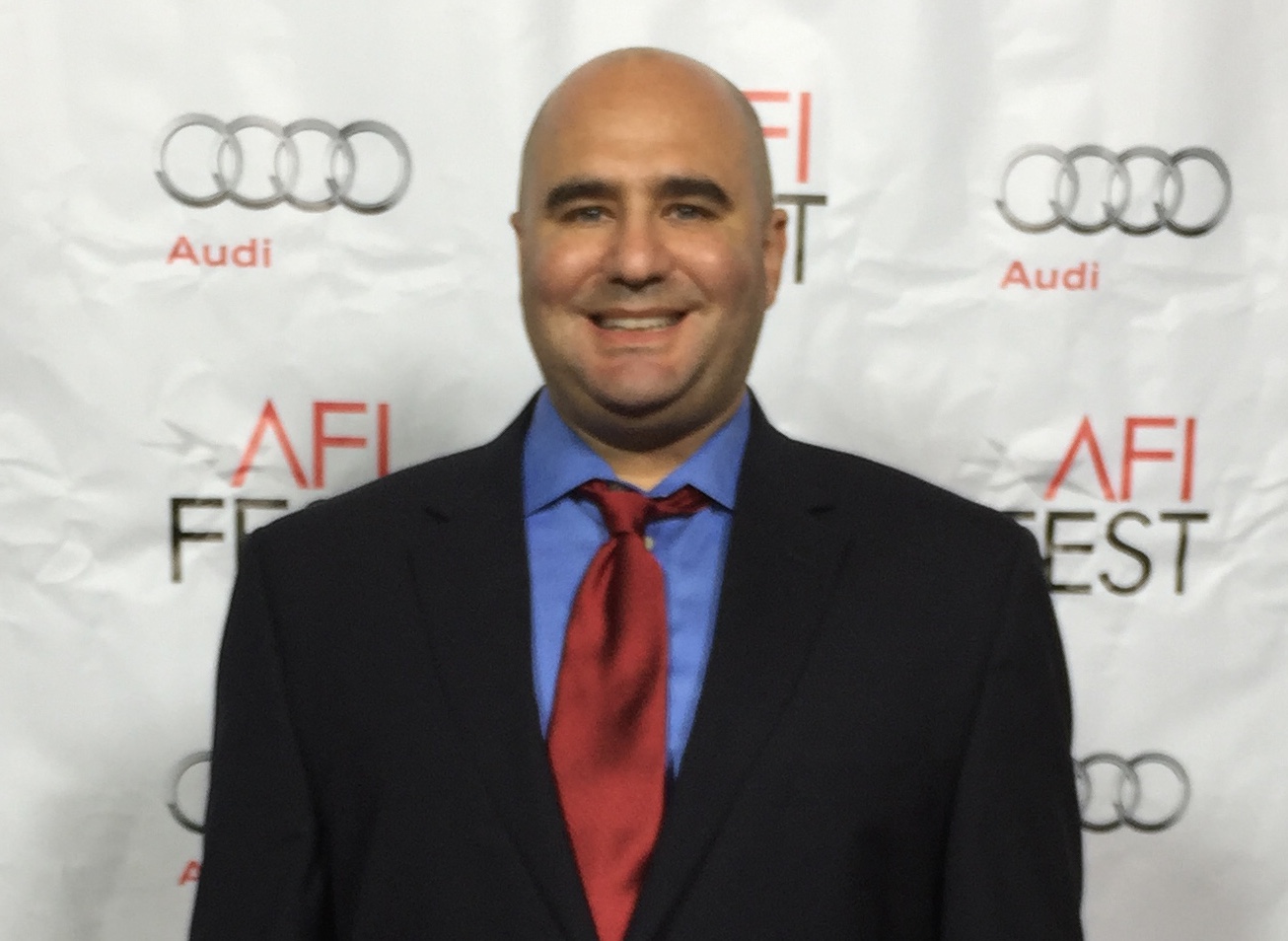
By:
The first "Barbershop" movie came out in 2002 and immediately generated controversy for a scene in which Eddie (Cedric the Entertainer) says Rosa Parks was lazy. Talking about social issues has always been a part of the "Barbershop" movies, as it is in real barbershops, those neighborhood places where people gather for haircuts and conversation, and the barbers who are there all day don’t hold back their opinions.
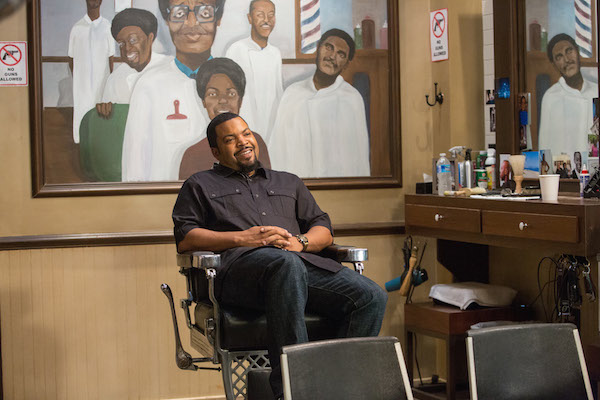 Chuck Zlotnick/MGM and Warner Brothers
Chuck Zlotnick/MGM and Warner Brothers
"Barbershop: The Next Cut" is the third film in the series (not counting the spinoff "Beauty Shop"), and like its predecessors, it doesn’t shy away from issues. The main story details how Calvin (Ice Cube) tries to bring peace to the neighborhood by calling for a cease-fire between warring gangs. In other conversations, Calvin screams “Black Lives Matter” and defends the presidency of Barack Obama.
ATTN: spoke with Ice Cube at the press junket for "Barbershop: The Next Cut," where he answered questions about the film's treatment of these issues, as well as another big topic in Hollywood: diversity. Critics have been calling out Hollywood for its lack of diversity, while the "Barbershop" franchise has been employing many people of color. "Barbershop: The Next Cut" opens April 15.
(This interview has been edited and condensed for clarity).
ATTN: Was it your idea to make the story of "Barbershop 3" about gang violence and a possible solution?
Ice Cube: Well, I wanted to have a reason to do this, and I saw an article where a guy was doing the same thing we’re doing in the barbershop. He was just trying to use his barbershop, saying, “Yo, if you stop the violence, you can get free cuts at our spot.” It was, to me, the reason you do this movie. Then thinking about what was going on in Chicago at the time, and that Calvin has a son that’s 14. To me, everything kind of fit like a glove on what this should be. To be able to wrap it in comedy, to wrap this story around so much comedy, is to me a tribute to [director] Malcolm [D. Lee] and [screenwriters] Kenya [Barris] and Tracy [Oliver].
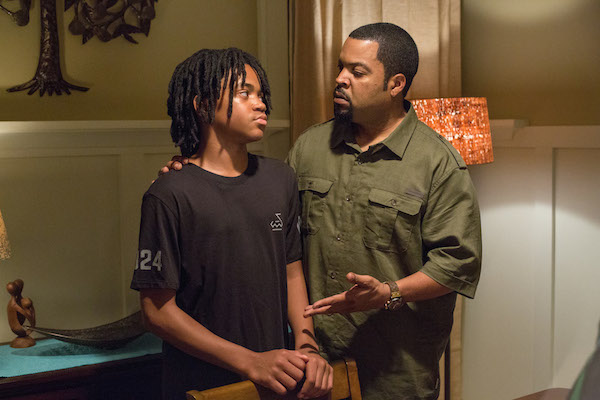 Chuck Zlotnick/MGM and Warner Brothers
Chuck Zlotnick/MGM and Warner Brothers
ATTN: You touch a little bit on Black Lives Matter, when Calvin says it as a joke. Would you have liked to say more about police violence?
IC: I mean, outside of the joke, I believe Black lives do matter, and I believe it needs to be said out loud. ... A lot of people say, 'Black lives matter. What about Black on Black crime? Do Black lives matter then?' Of course they do. My thing is, all races kill each other. So you have white-on-white crimes. You’ve got Mexican-on-Mexican crimes. You have Chinese-on-Chinese crime, Japanese-on-Japanese crime, and so on and so on and so on. I think the difference is — and I think what you really have to highlight is it’s a difference — when citizen is killing citizen, as opposed to the government killing a citizen. That’s why you draw the line. That’s why you make a fuss. That’s why you yell, "Black lives matter.” But in the barbershop, nothing is exempt to be examined and laughed at and teased. There’s always going to be somebody with bad taste somewhere who says a joke way too early. To me, we’ve just got to be true to the barbershop. If we have that attitude, that’d be fine, and Kenya did a great script. We just try to make sure that we are true to the barbershop.
ATTN: Calvin says he’s happy with Obama. Have you been happy with Obama?
IC: I have. I have. You know, I think anybody expecting more from a president is a little ridiculous, because my pops always told me, “No matter who’s the president, you got to get up and go to work in the morning.” All the people that voted him in stepped back, and a lot of them didn’t help him achieve the goals. I look at, just if I want to highlight a certain group, our Congressional Black Caucus, who was so visual when Bush was there, seemed to step back when Obama came in. It was like, 'He needed you guys to help him, especially with the way the Republican Senate and Congress was bent on being obstructionist from day one.' It reminded me of the Black kid that goes to the white school, and nobody wants to play with him. So that’s kind of what happened. I just think, with all that, he still is probably going to be one of the best presidents we ever had.
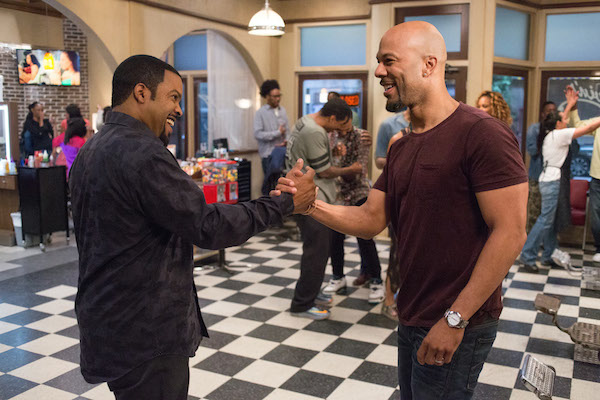 Chuck Zlotnick/MGM and Warner Brothers
Chuck Zlotnick/MGM and Warner Brothers
ATTN: When Hollywood is still behind on addressing diversity, how does it feel to have reached a level where you can empower others and make movies with diverse casts?
IC: It feels great. But you always feel like you’ve got a mountain of work to do. How many trails to blaze? You just feel like there’s more to be done. There’s still more people to convince that Black, white, or whatever, that we know what we’re talking about when it comes to entertaining people. That’s never going to change. So, I think, it’s something that you’re proud of, but you never feel like you’ve reached any kind of mountaintop, because you just know that there’s going to be an obstacle. No matter how much we’ve shown or proven ourselves, there’s going to be an obstacle. There’s going to be another person to convince. There’s going to be somebody who says, “No, you can do it at this level, but can you do it at this level?” We show them, "Yeah." “Well, can you do it at this level?” To me, there’s always mountains to climb.
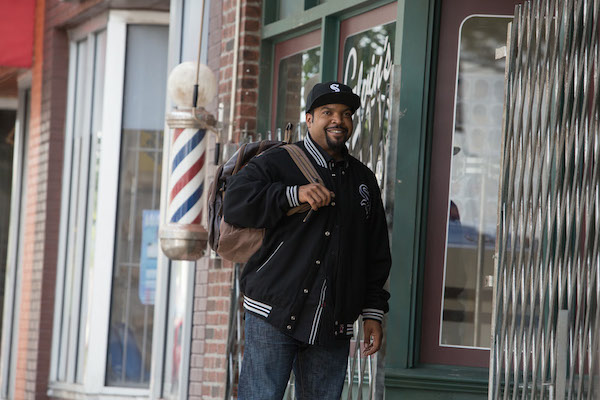 Chuck Zlotnick/MGM and Warner Brothers
Chuck Zlotnick/MGM and Warner Brothers
ATTN: How do you not get tired when there’s always another mountain to climb, if even Ice Cube still has to fight for diversity?
IC: Just rest up and keep climbing. It’s all attitude. You can be mad that the obstacle is there, or you can expect the obstacle and defeat the obstacle before you even get to it. You can defeat it before you even get to it if you expect it and you’re looking for it. And then, if you’re really sick in the head, you welcome it. You welcome it. Come on with it! And nothing’s more powerful than a made-up mind. So when you know you’re unstoppable, and you know there’s nothing nobody’s going to do to stop this because of my determination, I think you are free. And you’re not burdened by something that the studio should be burdened by, because that’s their problem. I’m Black. It ain’t my problem. You see what I’m saying? That’s why it’s amazing when we realize how much we have in common, because there’s only a few ways to be a decent person. Either you are, or you’re not. Color don’t have shit to do with that whatsoever. So, I think, that’s something we understand within and that we’re basically trying to show the world that. We’re trying to show the world that we’re not so different. We might do things differently, say things different ways, got our own cultural makeup, but we all want the same things.
ATTN: What action would you like to see young people take with social issues?
IC: I just think they could be more serious about the things that they have to do and not just being serious about the things that they want to do. That’s what I see is wrong with most youth. They’re totally serious about the stuff they really want to do, and they’re totally 'laxed about the stuff they really got to do.
